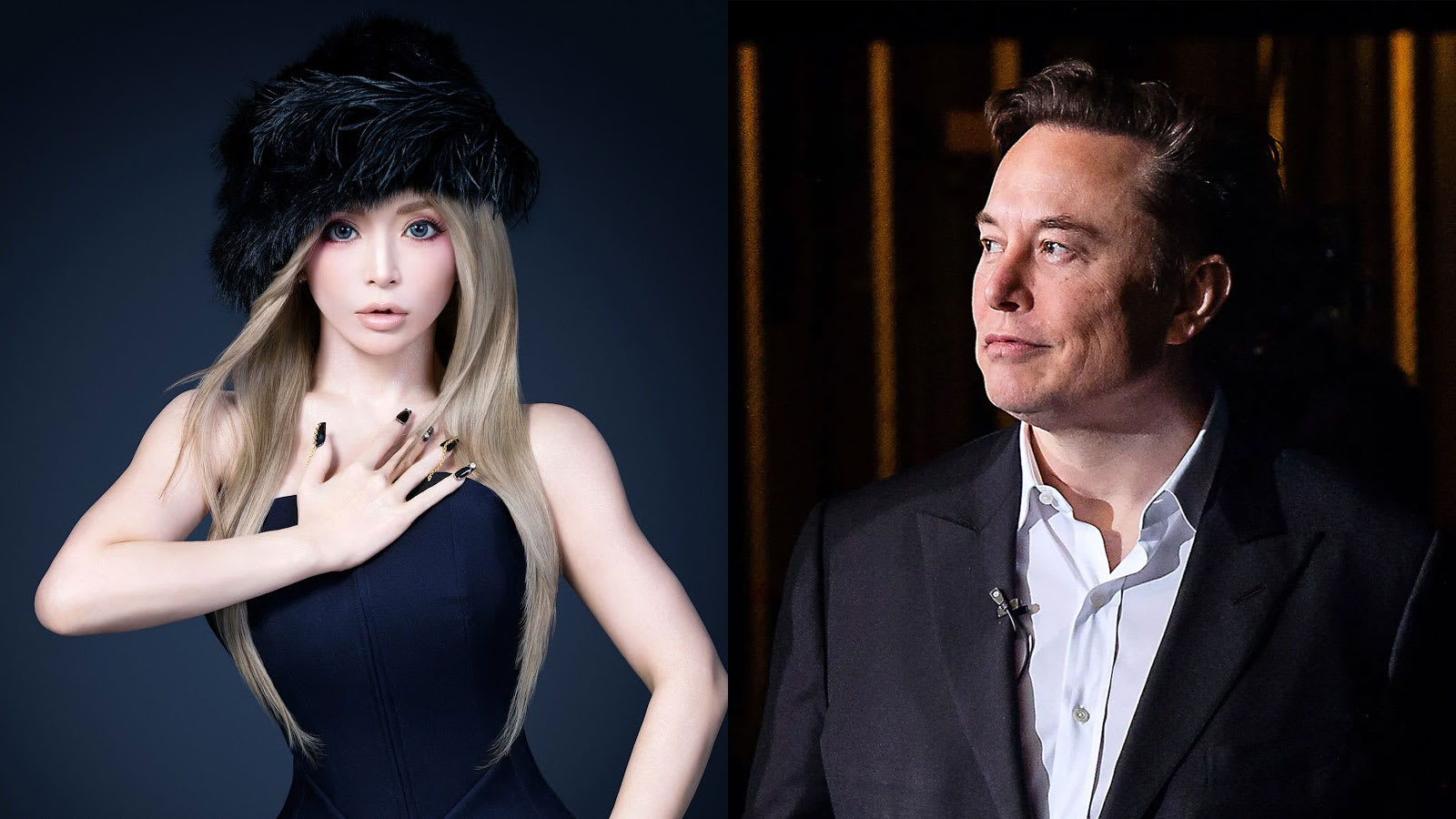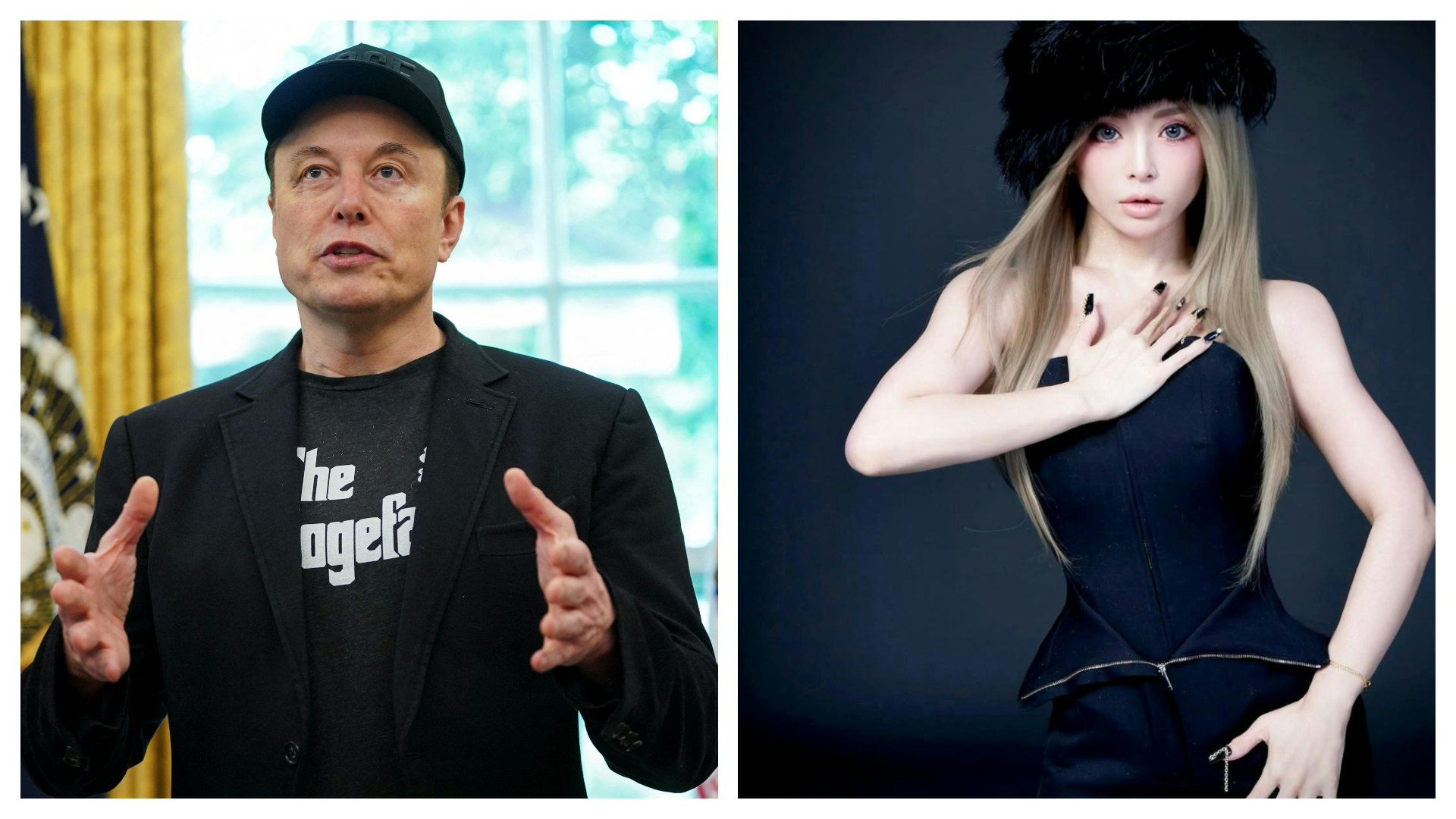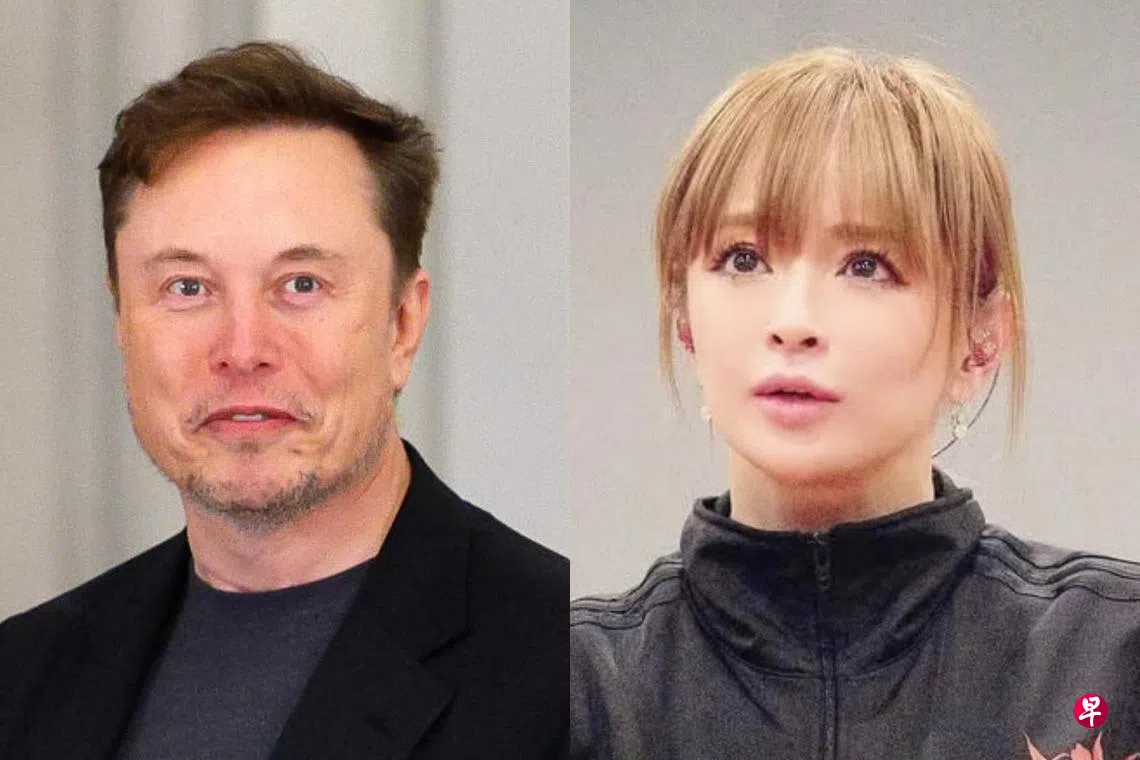
In recent weeks, rumors have flooded Japanese social media claiming that iconic pop singer Ayumi Hamasaki has a child with tech billionaire Elon Musk. These swirling speculations, ignited by an unverified statement from a former business partner of Musk suggesting he fathered a child with a Japanese pop star, have captured public imagination and stirred intense debate.
Amidst the growing noise and confusion, Hamasaki has stepped forward to firmly deny the allegations, seeking to protect her privacy and that of her children in the face of misinformation spreading rapidly online.
Hamasaki, one of Japan’s most celebrated musical icons, took to her personal social media to address the swirling rumors. She expressed her deep concern about the false claims linking her to Musk as a father.
She stated that the father of her children is not Elon Musk but acknowledged the reasons why the public might believe otherwise. In a candid tone, she shared a lighthearted comment from her mother who found the rumor amusing yet understandable.
Hamasaki emphasized the importance of setting the record straight to prevent misinformation from taking root and affecting her family’s future, highlighting her responsibility to ensure that her children will not encounter misleading information about their lineage in the years to come.
Ayumi Hamasaki’s career spans over two decades during which she has risen to become a defining figure in J-pop. Debuting in the late 1990s, she swiftly gained fame as a versatile singer known for her powerful voice and ability to master a wide range of genres, including ballads, electronic music, rock, and R\&B.
She is recognized as the best-selling solo artist in the history of Japanese pop music, with over 50 million albums and singles sold worldwide. Despite her immense public presence, Hamasaki has maintained a remarkably private personal life, rarely sharing details about her family or relationships.
Her personal history includes a marriage announcement in 2011 to Manuel Schwarz, an Austrian model and actor living in Los Angeles. However, the marriage was only legally registered in the United States and not recognized in Japan, leading to their divorce announcement just one year later.

In 2013, Hamasaki became engaged to a young medical student residing in Los Angeles. The couple officially registered their marriage in Tokyo in early 2014 but subsequently divorced in 2016. Throughout these turbulent years, Hamasaki has largely kept her personal affairs shielded from the media spotlight.
In a surprise revelation in early 2020, Hamasaki announced that she had given birth to her first son in November 2019, though she withheld the identity of the father. She clarified that she was not married at the time.
Later that year, in October, she announced her second pregnancy and confirmed the birth of her second child in May 2021. Japanese media reported that both children share the same father, though Hamasaki has never publicly revealed the man’s identity.
Currently, Hamasaki balances her ongoing musical career with the responsibilities of raising two young children. She continues to exert considerable influence in the Japanese entertainment industry while striving to safeguard her family’s privacy amid persistent public scrutiny.
The recent rumors involving Elon Musk have only heightened the challenges she faces in separating her professional achievements from unwarranted personal speculation.
The viral rumors linking Hamasaki and Musk reflect broader issues surrounding the intersection of celebrity culture, privacy, and the impact of social media in shaping public narratives. In an era where unverified information can rapidly gain traction, public figures often find themselves at the mercy of online speculation that blurs the boundaries between truth and fiction.
Hamasaki’s proactive response serves as a testament to the increasing need for public figures to assert control over their narratives to protect themselves and their loved ones from the fallout of misinformation.
While the claims remain unsubstantiated, the controversy has ignited a broader conversation in Japan about the ethics of privacy invasion, particularly concerning family and children of public personalities.

The debate touches upon the delicate balance between public curiosity and the right to private life, raising questions about media responsibility and the role of social platforms in curbing the spread of harmful rumors.
Ayumi Hamasaki’s situation also highlights the vulnerabilities faced by female celebrities, especially mothers, whose private lives are often scrutinized more intensely than their professional endeavors.
The pressure to maintain a public image while managing personal boundaries is a challenge that many artists confront, navigating between fan expectations and their own needs for confidentiality.
As the rumors continue to circulate, Hamasaki’s firm denial and candid statements aim to curtail the damaging effects of false narratives. Her insistence on addressing the issue directly underscores the importance she places on honesty and transparency in dispelling misinformation.

This approach reflects a growing trend among celebrities to confront rumors head-on rather than allow silence to fuel speculation. The story also casts a spotlight on Elon Musk’s personal life, which has been the subject of widespread media attention in recent years due to his multiple relationships and large family.
Known for his ambitious technological ventures, Musk’s private affairs often attract public fascination, blurring the lines between his role as a business magnate and a public figure subject to intense scrutiny.
Musk has publicly expressed concerns over global population decline, framing procreation as an essential element for the future survival of humanity. This perspective has sparked debate about the ethical and societal implications of such views, especially given Musk’s high profile and the scale of his influence.
Rumors linking Musk to various personal relationships around the world feed into narratives about his complex and sometimes controversial persona. In conclusion, the swirling rumors about Elon Musk fathering a child with Ayumi Hamasaki have generated significant public attention and social media discourse in Japan and beyond.
:max_bytes(150000):strip_icc()/GettyImages-1948568886-a2bfa43b20004a6f82c8a0381d196933.jpg)
Hamasaki’s clear and decisive denial seeks to protect her family’s privacy and challenge the spread of misinformation. As both figures continue to maintain their respective public and private lives, this episode serves as a potent reminder of the challenges faced by public personalities in the digital age where fact and fiction often collide.
The ongoing conversation about privacy, media ethics, and the role of social networks in shaping public perception will undoubtedly continue to evolve as new information emerges and public interest persists.



-1750662933-q80.webp)

